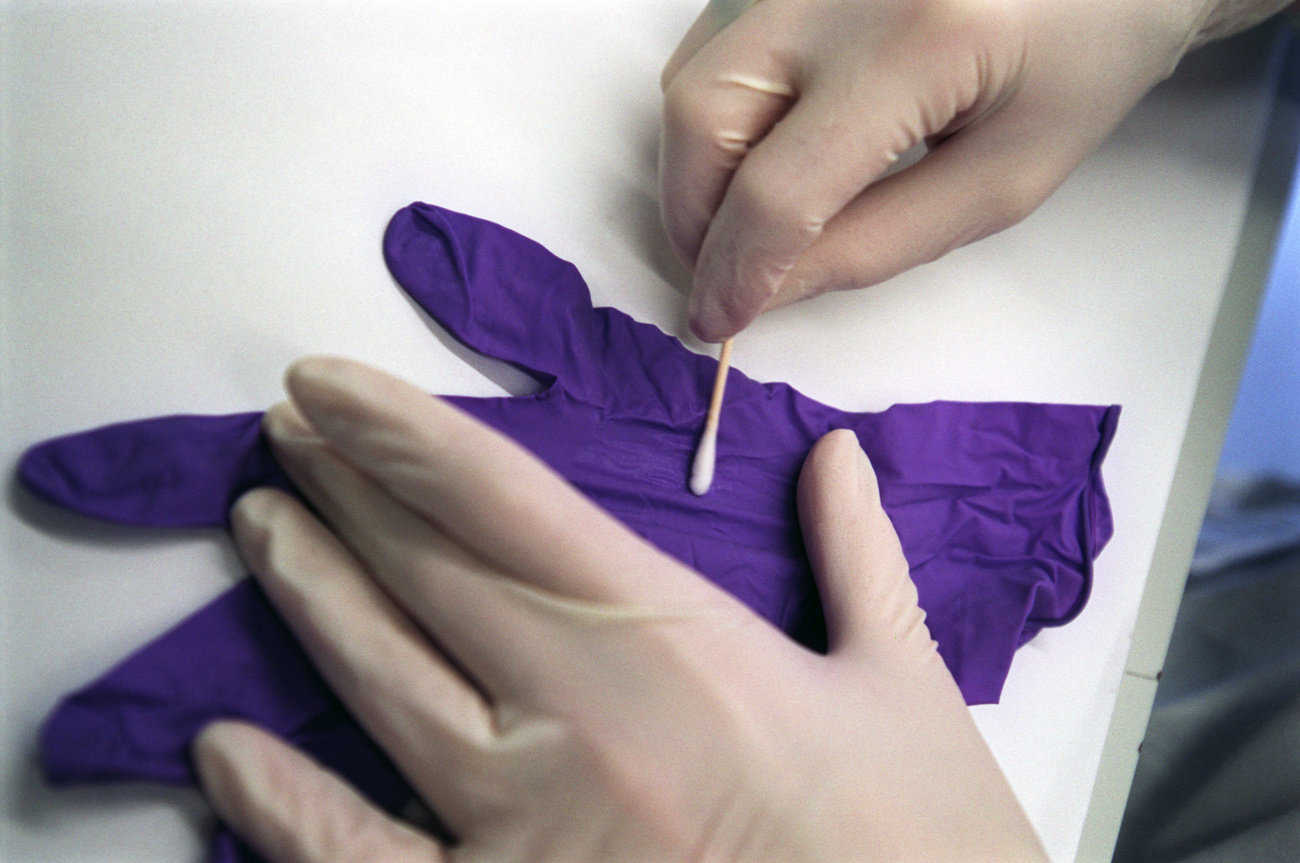
Switzerland taps into Dutch DNA profiling expertise

Switzerland plans to expand the use of DNA profiling to help solve crimes. With the issue due to come before parliament, Swiss Justice Minister Karin Keller-Sutter has sought advice from the Netherlands on the merits of “phenotyping”.
The technique can pinpoint more precise information about a person than just gender, which is the limitation of current DNA analysis being used in Switzerland. It can, for example, determine where in the world a person hails from and even deduce the colour of their eyes. This helps draw up a more accurate picture of the person police are looking for.
“In future, it will also be possible to determine the colour of eyes, hair and skin, bio-geographical origin and age from a DNA trace,” read a government press release on Thursday.
Phenotyping has been used in the Netherlands since 2003 when the law was adapted to allow its use. The Swiss parliament instructed the government to look into the procedure following the unsolved brutal rape of a woman in 2015. Federal authorities are drawing up proposals to change the law to allow it to be used in Switzerland.
Phenotyping has its critics who argue that the science has its limitations and can produce false results. It is also argued that identifying the skin colour of a suspect, for example, could lead to discrimination against groups of people with the same identifying factors.
Switzerland only proposes to use phenotyping to help police solve the most serious crimes. “The method should only be used for crimes such as rape or murder, but not for property damage or other offenses,” the government stated.
On Thursday, Keller-Sutter spoke with her Dutch counterpart, Ferdinand Grapperhaus, to seek advice on how to implement phenotyping in the Swiss legal code.
The Swiss government said that, despite initial misgivings, phenotyping has now been accepted in the Netherlands. “The reason for this is that serious crimes could be solved with the new method.”

In compliance with the JTI standards
More: SWI swissinfo.ch certified by the Journalism Trust Initiative


























You can find an overview of ongoing debates with our journalists here . Please join us!
If you want to start a conversation about a topic raised in this article or want to report factual errors, email us at english@swissinfo.ch.